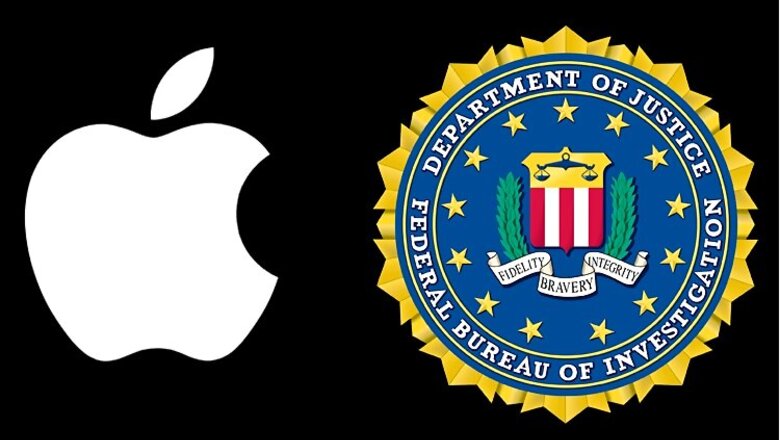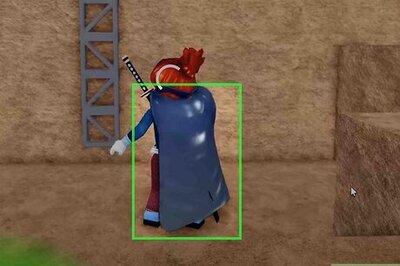
views
Washington: The FBI paid more than USD one million to a company to break into the locked iPhone used by a Pakistani-American shooter involved in the San Bernardino terror attack, Director James Comey has hinted.
Speaking at a security conference in London, Comey did not give the exact amount that the Federal Bureau of Investigation (FBI) paid to unlock the iPhone, but threw hints by his statement.
Comey, according to media reports, said on Thursday the cost of the tool was "more than I will make in the remainder of this job, which is seven years and four months, for sure." The Washington Post said the FBI Director makes USD 185,100 a year.
"As a result, Comey's remarks strongly implied that the bureau paid at least USD 1.3 million to get onto the phone, which had belonged to Syed Rizwan Farook, who with his wife, killed 14 people during the December 2 terror attack in San Bernardino, in California," the daily reported.
Farook, a Pakistani-American and his wife Tashfeen Malik, a Pakistani national, died in a firefight with police after the terror attack.
"But it was, in my view, worth it," Comey said in defence of his decision.
The Washington Post said FBI cracked the phone with the help of professional hackers who were paid a onetime flat fee. However they were not able to find any links to foreign terrorists on the phone, it said.
"I am hoping that we can somehow get to a place where we have a sensible solution, or set of solutions, that does not involve hacking and does not involve spending tons of money in a way that is unscalable," Comey said.
The FBI chief underscored the need for a continued national conversation over the issues surrounding universal encryption and how that factors into the privacy versus security debate.
"This will be a feature of our work - there will be other litigation, I am sure - but it will be a feature of our work, increasingly, over the months and years to come," Comey added.
The FBI had taken Apple to court to force it to break into the encryption-protected iPhone 5C. Apple, backed by technology giants such as Google and Facebook, was opposed to assisting the agency in unlocking the iphone, citing it would have wide-reaching implications on digital security and privacy.




















Comments
0 comment